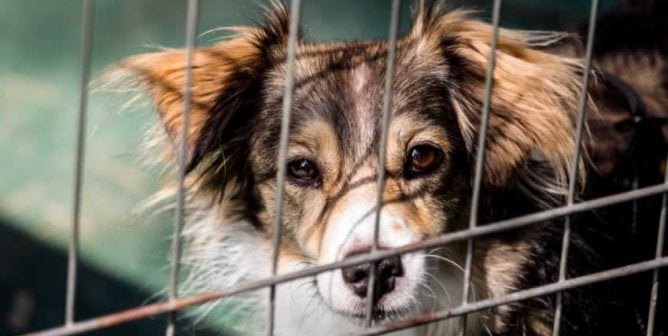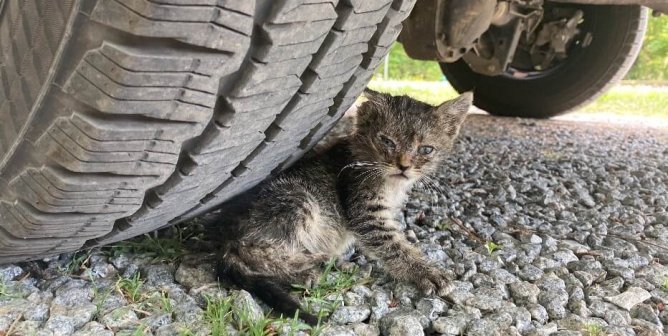Human Abuse Linked to Cruelty to Animals
Violent acts toward animals have long been recognized as indicators of a dangerous psychopathy that does not confine itself to animal abuse. “Anyone who has accustomed himself to regard the life of any living creature as worthless is in danger of arriving also at the idea of worthless human lives,” wrote humanitarian Dr. Albert Schweitzer. And according to Robert K. Ressler, who developed profiles of serial killers for the FBI, “Murderers … very often start out by killing and torturing animals as kids.”
Animal abuse is not just the result of a minor personality flaw in the abuser—it is a symptom of a deep mental disturbance. Research in psychology and criminology shows that people who commit acts of cruelty toward animals rarely stop there; many of them move on to their fellow humans.
The FBI has found that a history of cruelty to animals is one of the traits that regularly appear in its computer records of serial rapists and murderers. The standard diagnostic and treatment manual for psychiatric and emotional disorders lists cruelty to animals as a diagnostic criterion for conduct disorders.
A study conducted by Northeastern University and the Massachusetts SPCA found that people who abuse animals are five times more likely to commit violent crimes against humans.









